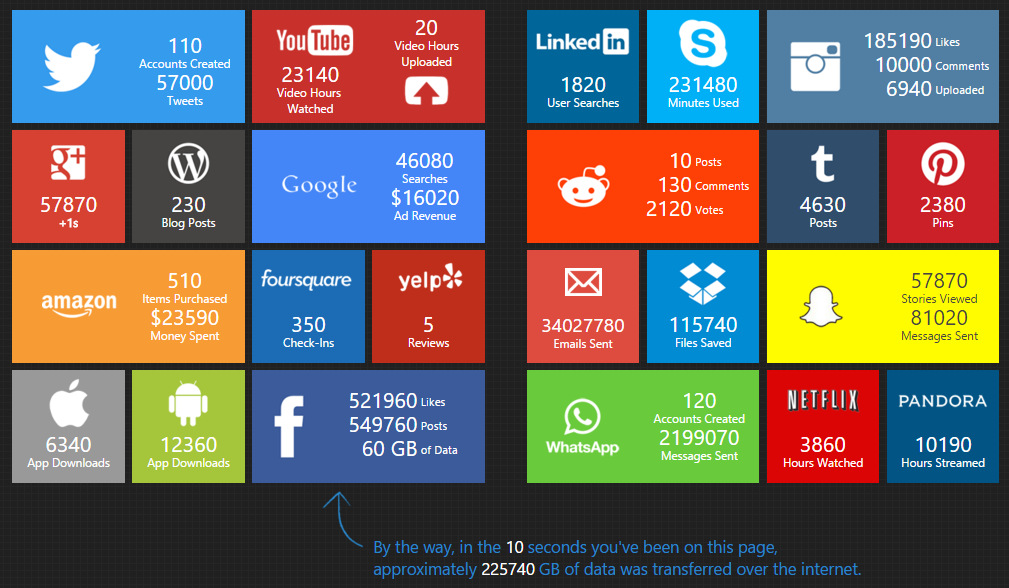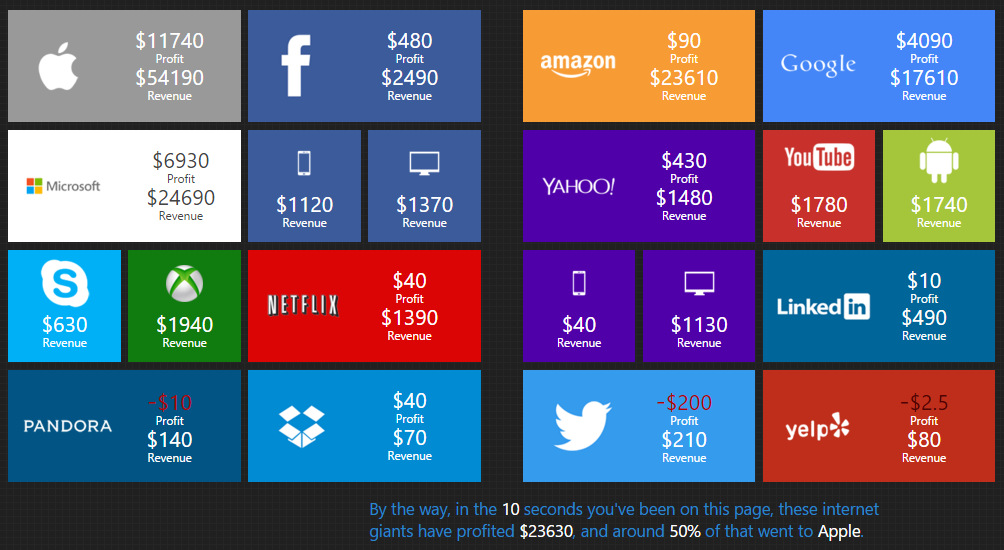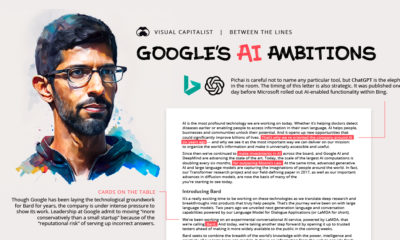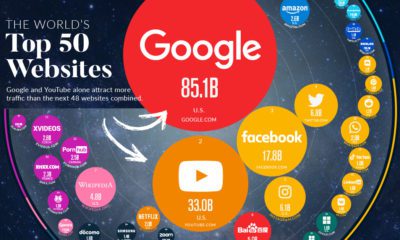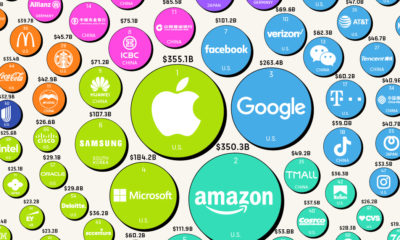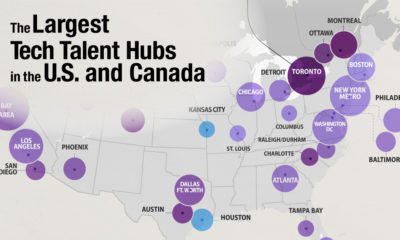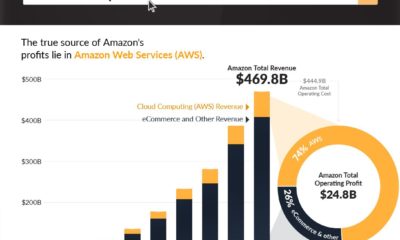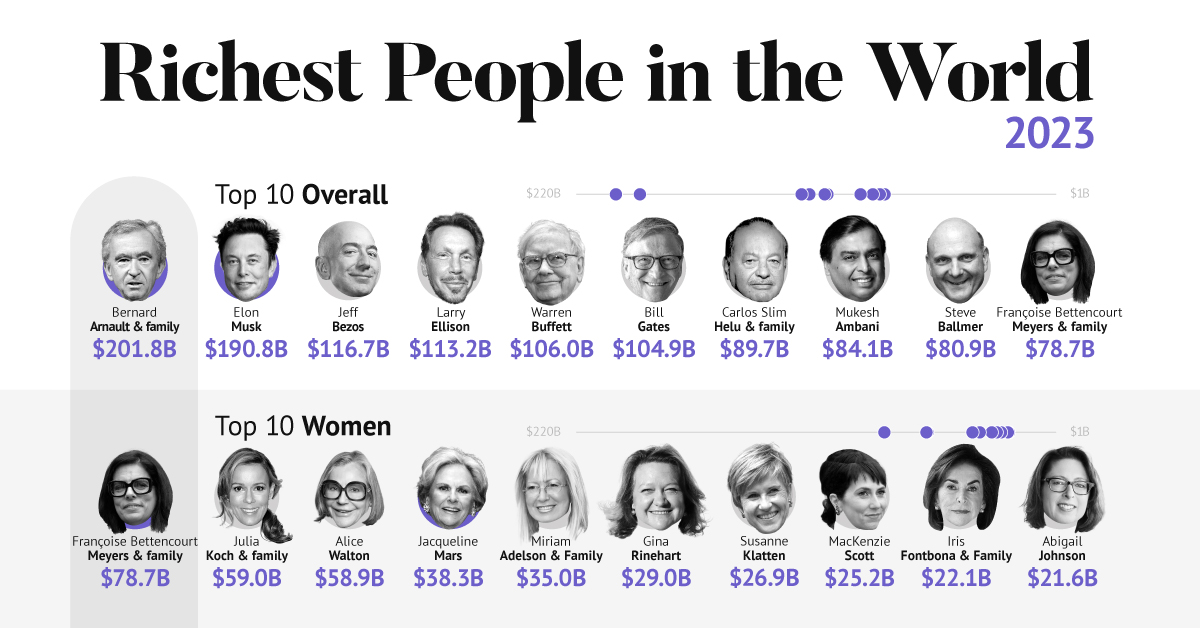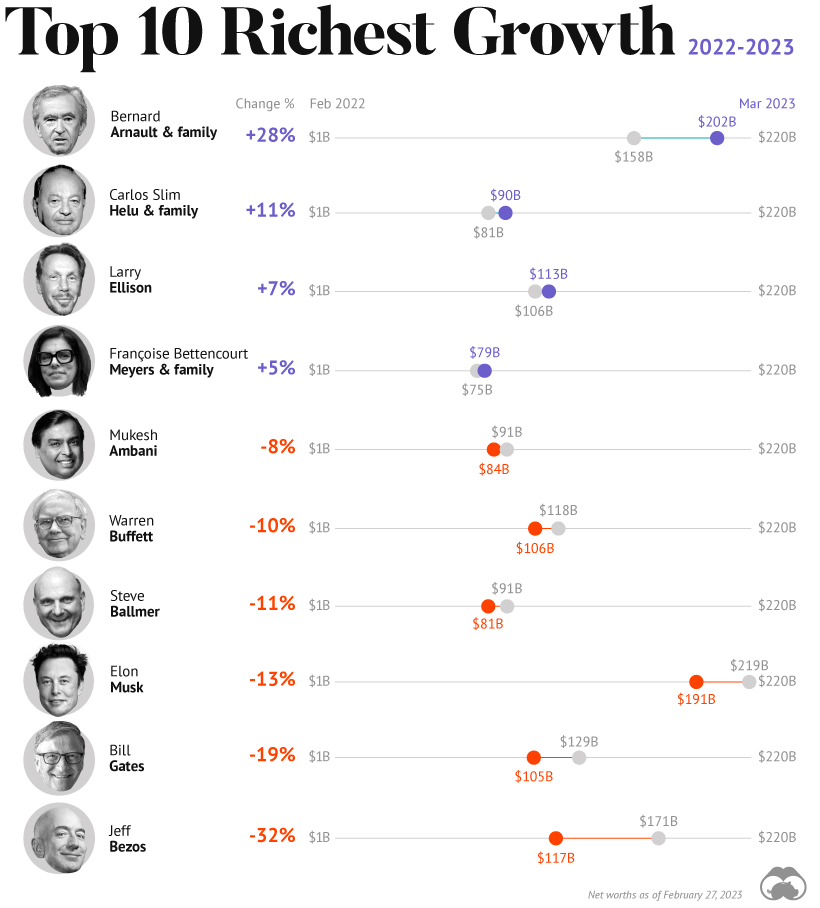At zero cost, we can connect to a global store of all human knowledge. New apps with impressive features can cost less than a dollar, and our monthly Netflix subscriptions hardly register on our credit card statements. Meanwhile, we share our thoughts about the world with our friends and family at no cost through social networks, email, or other means of communications. This hasn’t been possible throughout human existence, and it is only feasible now because of the incredible scale of the internet. While we all make the connection that these individual activities help to bring in revenue to the world’s tech giants, the ultimate size and scale of the numbers in aggregate are almost incomprehensible to the human brain. How many Google searches do you make each day? What about your neighborhood, city, or country? How about the world? Today’s two visualizations look at the sheer amounts of data processed every 10 seconds by the world’s tech giants, as well as the amount of impressive profit yielded. How much data is processed every 10 seconds?
In just 10 seconds, close to 225,000 GB of data is transferred, with over 500,000 posts on Facebook, 57,000 tweets, 46,000 searches on Google, and 2 million messages sent on WhatsApp. While each click or view may only translate to pennies for the world’s tech giants, in aggregate it amounts to so much more: How much profit is made every 10 seconds?
The numbers are astounding, and hopefully help to create perspective on the scale of technology and business. Want to see this spectacle in real-time? Go to this website.
on A lagging stock market dented these fortunes against high interest rates, energy shocks, and economic uncertainty. But some of the world’s billionaires have flourished in this environment, posting sky-high revenues in spite of inflationary pressures. With data from Forbes Real-Time Billionaires List, we feature a snapshot of the richest people in the world in 2023.
Luxury Mogul Takes Top Spot
The world’s richest person is France’s Bernard Arnault, the chief executive of LVMH.
With 75 brands, the luxury conglomerate owns Louis Vuitton, Christian Dior, and Tiffany. LVMH traces back to 1985, when Arnault cut his first major deal with the company by acquiring Christian Dior, a firm that was struggling with bankruptcy.
Fast-forward to today, and the company is seeing record profits despite challenging market conditions. Louis Vuitton, for instance, has doubled its sales in four years.
In the table below, we show the world’s 10 richest people with data as of February 27, 2023:
Elon Musk, the second-wealthiest person in the world has a net worth of $191 billion. In October, Musk took over Twitter in a $44 billion dollar deal, which has drawn criticism from investors. Many say it’s a distraction from Musk’s work with Tesla.
While Tesla shares have rebounded—after falling roughly 70% in 2022—Musk’s wealth still sits about 13% lower than in March of last year.
Third on the list is Jeff Bezos, followed by Larry Ellison. The latter of the two, who founded Oracle, owns 98% of the Hawaiian island of Lanai which he bought in 2012 for $300 million.
Fifth on the list is Warren Buffett. In his annual letter to shareholders, he discussed how Berkshire Hathaway reported record operating profits despite economic headwinds. The company outperformed the S&P 500 Index by about 22% in 2022.
How Fortunes Have Changed
Given multiple economic crosscurrents, billionaire wealth has diverged over the last year. Since March 2022, just four of the top 10 richest in the world have seen their wealth increase. Two of these are European magnates, while Carlos Slim Helu runs the largest telecom firm in Latin America. In fact, a decade ago Slim was the richest person on the planet. Overall, as the tech sector saw dismal returns over the year, the top 10 tech billionaires lost almost $500 billion in combined wealth.
Recent Shakeups in Asia
Perhaps the most striking news for the world’s richest centers around Gautam Adani, formerly the richest person in Asia. In January, Hindenburg Research, a short-selling firm, released a report claiming that the Adani Group engaged in stock manipulation and fraud. Specifically, the alleged the firm used offshore accounts to launder money, artificially boost share prices, and hide losses. The Adani Group, which owns India’s largest ports—along with ports in Australia, Sri Lanka, and Israel—lost $100 billion in value in the span of a few weeks. Interestingly, very few Indian mutual funds hold significant shares in Adani Group, signaling a lack of confidence across India’s market, which was also cited in Hindenburg’s report. As a result, Mukesh Ambani has climbed to Asia’s top spot, controlling a $84 billion empire that spans from oil and gas and renewable energy to telecom. His conglomerate, Reliance Industries is the largest company by market cap in India.
